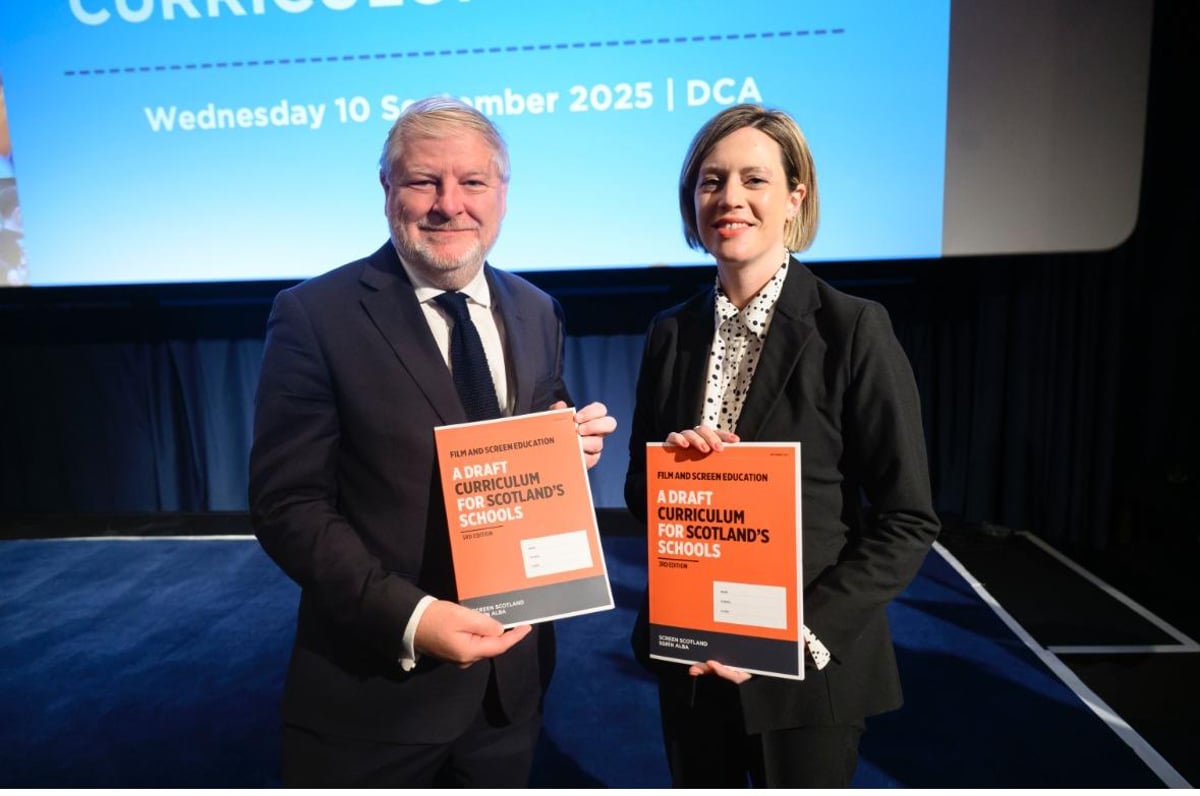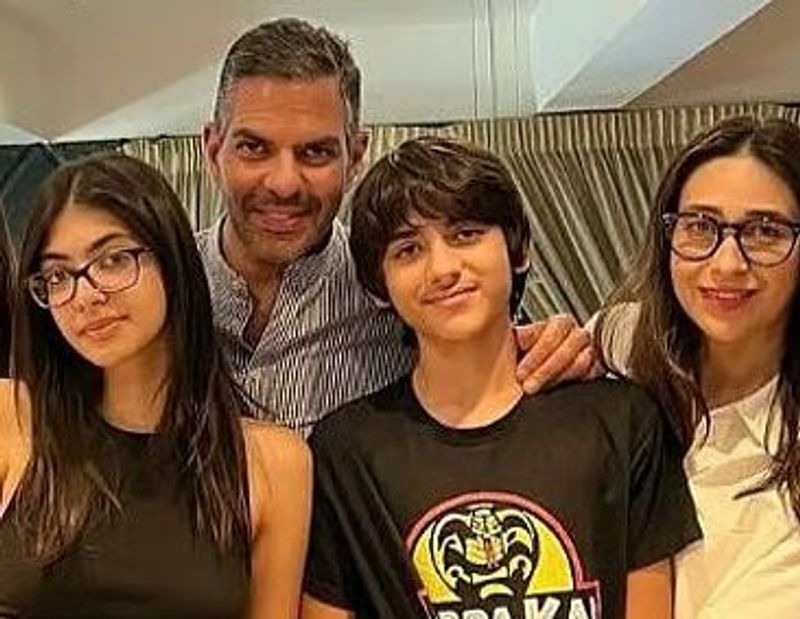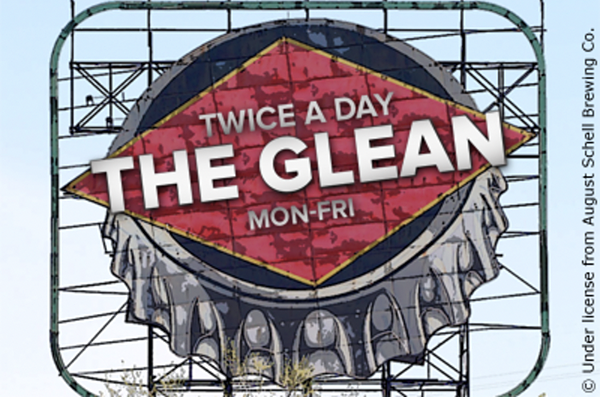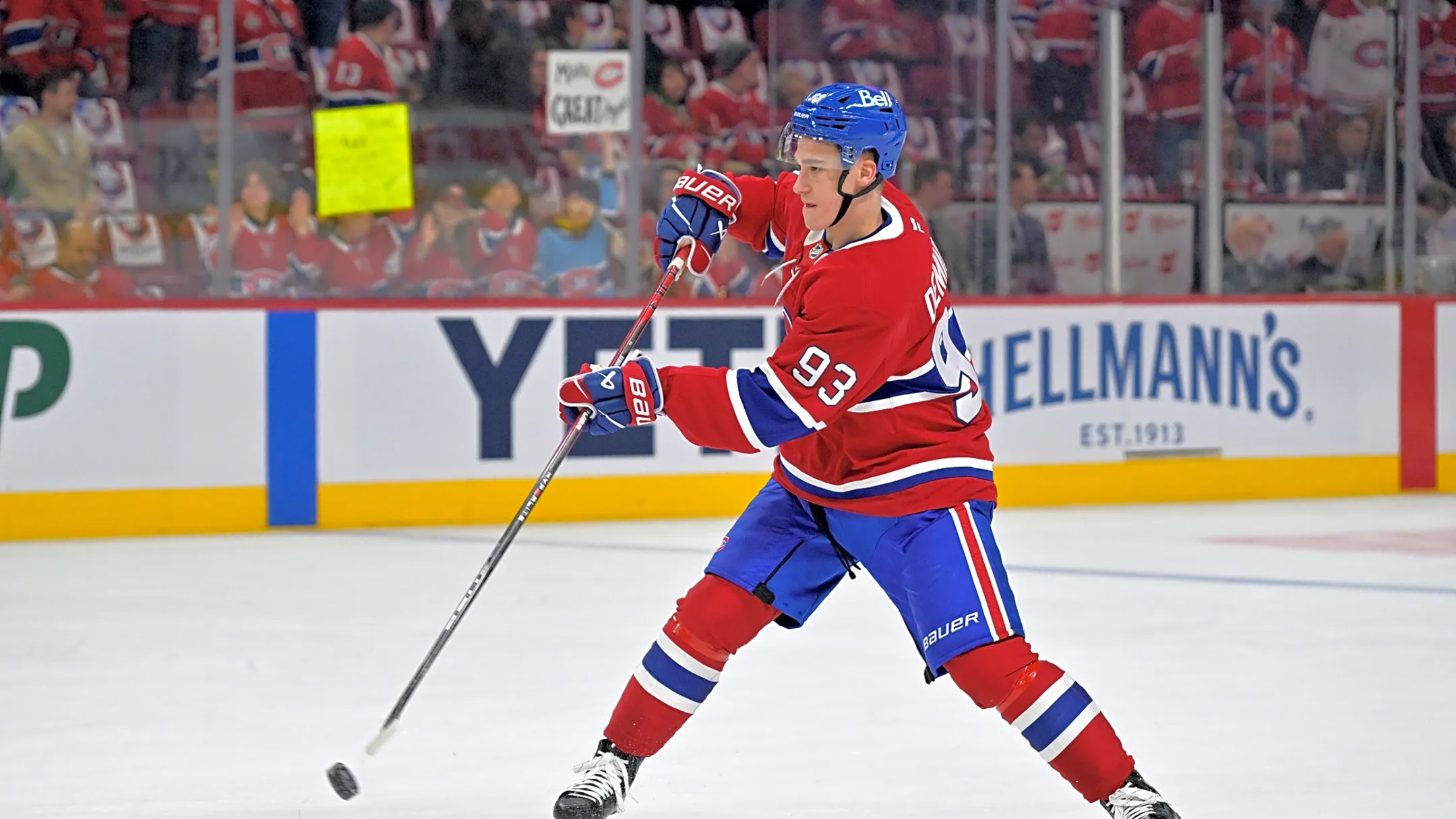By Elfy Scott
Copyright sbs
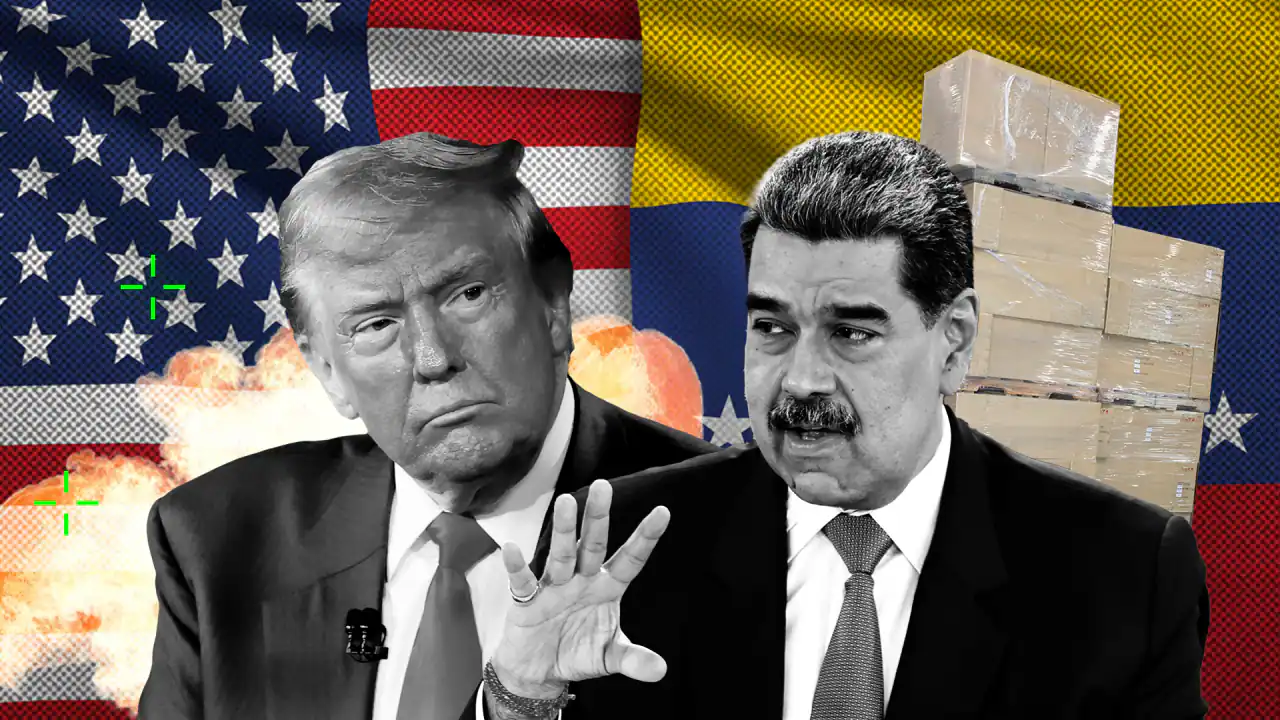
On Monday (local time), US President Donald Trump announced three “narcoterrorists” had been killed in a US strike on an alleged drug trafficking boat from Venezuela. A video of the attack posted by Trump to his social media platform Truth Social shows a vessel rolling on waves briefly before erupting into a fireball. The Reuters news agency conducted initial checks on the video with an AI detection tool but the video was partly blurred, which it said made it impossible to confirm if the video was manipulated. But, it said, verification is an ongoing process, and it would continue to review the footage as more information becomes available. Trump said the strike had been carried out in international waters and alleged the boat was “transporting illegal narcotics”. “These extremely violent drug trafficking cartels POSE A THREAT to U.S. National Security, Foreign Policy, and vital U.S. Interests,” he said. Trump also included a threat to cartel members in his message. “BE WARNED — IF YOU ARE TRANSPORTING DRUGS THAT CAN KILL AMERICANS, WE ARE HUNTING YOU!,” he wrote on Truth Social Asked by reporters about the proof that the boat was a trafficking vessel, Trump responded that the cargo scattered over the ocean following the strike was proof enough and there had been “big bags of cocaine and fentanyl all over the place”. The Trump administration is facing questions over the legality of deadly military strikes on suspected drug boats since the first such attack earlier this month on another Venezuelan boat in the Caribbean, which killed 11 people. Some Democrats — and even some Republicans — are among those who have questioned the legality of the strikes. They've suggested it could among to a potential overreach of executive authority, partly due to the military being use for law enforcement purposes. “I don't want to see us get into some war with Venezuela because the president is just blowing ships willy-nilly out of the water,” said Adam Schiff, a Democratic senator who is drafting a war powers resolution to stop further strikes unless authorised by Congress. The strikes represent a dramatic escalation in the US' response to the importation of illegal drugs, as it typically relies on routine policing operations to prevent them from entering the country, rather than deadly force. In his post announcing the first strike, Trump mentioned the Venezuelan gang Tren de Aragua (TDA), an organisation that was designated a terrorist organisation by the US state department in February, alongside a number of other international cartels primarily based in North and South America. “TDA is a designated Foreign Terrorist Organization, operating under the control of [Venezuelan President] Nicolás Maduro, responsible for mass murder, drug trafficking, sex trafficking, and acts of violence and terror across the United States and Western Hemisphere,” Trump said. The Venezuelan government, which says it has deployed tens of thousands of troops to fight drug trafficking and defend the country, has said none of the people killed in the first strike belonged to Tren de Aragua. Dr Carlos Eduardo Morreo, a lecturer at the University of Melbourne and Latin American studies researcher, said the US government is making an “equation” that “drug trafficking equals terrorism” right now. “That's something that could and should be challenged,” Morreo said. Following the first strike, Celeste Kmiotek, a staff lawyer from the non-partisan US thinktank the Atlantic Council, said analysing the legality of the attack is complicated and requires sifting through a number of legal frameworks including maritime law, United Nations rules about use of force, international humanitarian law, international human rights law and US domestic laws. Kmiotek said that ultimately the first strike and the language used by US government officials about it “paint a troubling picture regarding how the United States will approach the TDA and related groups”. “While it is of course important to hold transnational criminal organizations like the TDA accountable through judicial processes, lethal force is, according to guidance from the International Committee of the Red Cross (ICRC), meant to be 'a measure of last resort'.” International peace studies researcher Professor Mary Ellen O'Connell wrote in the Conversation that she believes the killings are unlawful but prosecuting violations of international law is “notoriously hard”. “Given the power of the US government and the nature of the victims — members of an alleged drugs gang — the political will to hold Washington to account may be weak,” she said. Morreo said the attacks represent US imperialism in the region and said there is a “long history of these sorts of politics in Latin America with the US at the centre of it”. Morreo believes Trump's decision to attack the first boat in international waters, which was initially reported to be heading to Trinidad and Tobago, implied the US government thinks it has a right to decide what happens on those waters. “What gives any state the right to interfere and make these sorts of decisions of life and death? That's a kind of imperial politics,” he said. Trump has explicitly accused Maduro of leading the cartels, calling him one of the “largest narco-traffickers in the world” and the Venezuelan president continues to allege the US hopes to drive him from power. Last year, the US under then-president Joe Biden, as well as with 10 Latin American governments, including left-wing governments with strong historical ties to Venezuela, and many European governments rejected the election' s official results and backed opposition Edmundo González claim that he had won. The US-based election monitor group Carter Centre, which Maduro's government invited to observe the presidential election, said after the incumbent was declared the winner that it could not verify or corroborate the election results and said the vote “cannot be considered democratic”. Hours before Trump's post on Monday, Maduro said at a press conference that recent incidents between his country and the United States were an “aggression”. He also accused the Trump administration of seeking a pretext for a military operation through the drug trafficking allegations with the intent “to intimidate and seek regime change”. After the first strike, Trump played down possible regime change in Venezuela saying: “We're not talking about that”. But it comes amid a large US military build-up in the southern Caribbean. Five US F-35 aircraft were seen landing in Puerto Rico — a US territory — on Saturday after the Trump administration ordered 10 of the stealth fighters to join the build-up. There are also at least seven US warships in the region, along with one nuclear-powered submarine. The US also recently doubled a bounty for Maduro's arrest to US$50 million ($75 million) Trump, speaking with reporters on Monday, suggested operations could be carried out on land against suspected drug smugglers. “When they come by land, we're going to be stopping them the same way we stopped the boats,” Trump said. “But maybe by talking about it a little bit, it won't happen.” Morreo said the US government is attempting to paint Venezuela as a “narcoterrorist” state but said there is “no proof really that Maduro and the government is involved in the shipments or benefits from these shipments or that the state is involved in any of these things directly.” Morreo also says Venezuela's role in drug trafficking into the US is being blown out of proportion. “Statistics from the UN and other bodies say that the drugs that are coming through Venezuela represent only like 10 per cent of what ultimately reaches the United States. Most of the drugs that reach the US are actually coming not via the Caribbean but via the Pacific.” Over the weekend, the Venezuelan government also hit out at the US for allegedly seizing a fishing boat in its exclusive economic zone and holding it for eight hours during military patrols that are targeting cartel vessels. In response to these exercises, Maduro has said Venezuela would “fully” exercise its “legitimate right to defend itself” against US “aggression”. Maduro has deployed 25,000 troops along Venezuela's coastline and its border with Colombia. The boat, carrying nine tuna fishermen, was “illegally and hostilely” detained on Friday by the USS Jason Dunham destroyer, Venezuela's foreign minister Yvan Gil said. But Morreo said he believes that while a full-scale invasion of Venezuela is unlikely, he thinks it's feasible that the US will continue with a “policy of destabilising not only the Venezuelan governments but also other governments and states in the region”. However, Morreo emphasised there is still cooperation between the US and Venezuelan governments that needs to be considered. For example, the Venezuelan government has cooperated with the mass deportation of Venezuelans from the US after the Trump administration stripped around 600,000 people of their legal protections in August. Venezuela, the state with the world's largest oil reserves, has also continued to allow US oil company Chevron to continue operating in the country. “So while you have the US blowing up these ships and all this bluster about a potential military invasion of some kind — at the same time, you have cooperation between the two countries,” Morreo said. Maduro on Monday said communications between the two governments had largely ended, though he later added there was still basic communication to facilitate the return of Venezuelans from the United States. download our app subscribe to our newsletter
